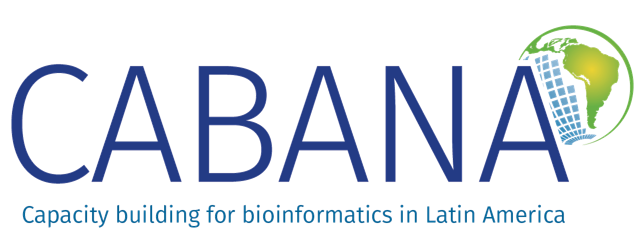
Rebeca Campos Sánchez
Professor of Molecular Biology, Genomics and BioinformaticsRebeca Campos-Sánchez has been a professor of Molecular Biology and Bioinformatics at the University of Costa Rica (UCR) since 2005. Her doctoral studies took her to the Pennsylvania State University, where she worked in genomics and bioinformatics graduating in 2015. With the plan of Continue Working in genomics when returning to Costa Rica, to his surprise, bioinformatics was still exclusive to a small group of researchers with previous experience in the field or with strong international collaborators. Its objective since then has been to expand the community and consolidate this field by creating RedBioAplicada and supporting the Master's program in Bioinformatics and Systems Biology.
Project summary
The project began as a local initiative to accelerate the learning process of Costa Rican students using tutorials written in Spanish and to assess whether English is a barrier to learning speed. However, the project now has international connotations, the idea is that after testing the tutorials in a group of volunteers with different levels of experience in bioinformatics, it will be made available to the Latin American community through the CABANA e-Learning platform. Finally, the materials will be translated into other languages.
Project outcomes and impact
Upon returning to Costa Rica, Rebeca has been editing the tutorials she developed at EMBL-EBI and is testing them on Costa Rican students before publication. The first two tutorials to be published will be on transcriptomics using a reference genome and metagenomics applied to the challenge areas Sustainable food production and biodiversity protection, respectively. Rebeca has initiated multiple conversations and new ideas aimed at improving awareness and bioinformatics competence in Costa Rica. These include the planning of two workshops (together with the CABANA co-IPs in Costa Rica) and discussions with program directors to include basic bioinformatics lessons or courses as part of the undergraduate programs. Rebeca is also actively investigating the feasibility of creating a sequencing facility with the resources of the UCR. The hope would be to accelerate the adoption of bioinformatics for the advancement of science and its multiple applications in Costa Rica.
